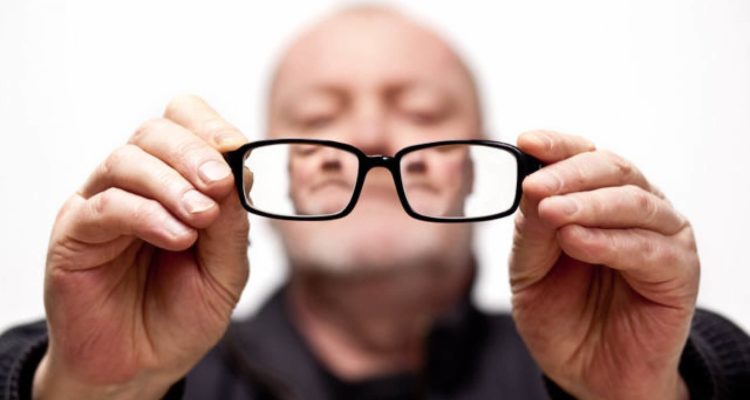
How to slow down the deterioration of vision with age, doctors told
0
Presbyopia (it is also called age-related farsightedness) – a condition in which vision deteriorates at a close distance, as a result of which it becomes difficult for a person to read small print and perform any work at close range. This is part of the natural aging process of the eye.
Specialists of the Cleveland Clinic (Cleveland Clinic) claim that the deterioration of the clarity of vision at a close distance happens to everyone sooner or later. Presbyopia occurs when the aging lens of the eye becomes less flexible and can no longer focus on near objects. The condition usually begins around age 40 and gradually progresses until age 60.
Risk factor
Although the main risk factor for developing presbyopia is age, certain medications and diseases can cause this condition in people younger than 40 years old. Risk factors for premature presbyopia include:
- farsightedness;
- taking certain medications;
- diseases (diabetes, multiple sclerosis and other diseases).
>
How to slow down age-related deterioration of vision
You cannot completely prevent age-related changes in vision, but you can slow down this process. This will help:
- annual vision tests;
- good lighting while working and reading;
- regular sports (several times a week);< /li>
- drinking enough water to avoid dehydration;
- limiting alcohol consumption;
- not smoking;
- using sunglasses;
- li>
- a balanced diet and the use of certain products that are good for the eyes (leafy green vegetables, carrots, cheese, fatty fish or liver, oranges, grapefruits, strawberries, broccoli, nuts).









Leave a Reply